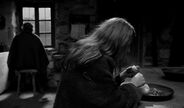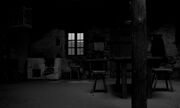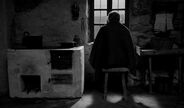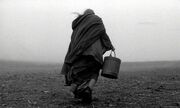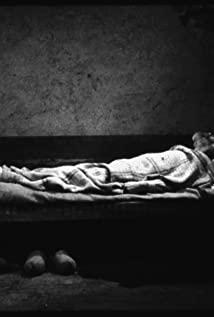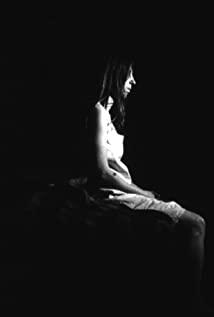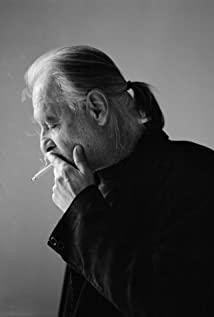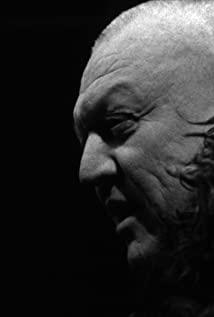Nietzsche believes that the will to power originates from life and belongs to life, and it is the actual life. His direct perception of the pain and joy of life, the philosophy that puts the will to life above reason, and the philosophy of irrationality.
Although Béla Tarr uses religious connotations and philosophical thinking, the film is still his consistent attempt to use pan-text images to provide multi-level contexts, expressing, prophesying, and even inspiring.
View more about The Turin Horse reviews



